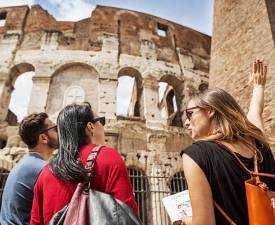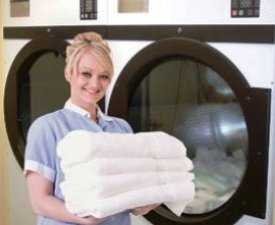Description
Course Duration:
-
Total Hours: 80–120 hours (flexible, part-time or full-time options available)
-
Duration: 4–12 weeks (depending on schedule)
Learning Objectives:
By the end of this course, participants will be able to:
-
Understand the physical, emotional, and social needs of elderly individuals.
-
Assist with activities of daily living (ADLs) such as bathing, dressing, and mobility.
-
Recognize signs of elder abuse and learn preventive measures.
-
Apply safe techniques for transferring and positioning elderly individuals.
-
Provide companionship and emotional support.
-
Manage basic household tasks related to elderly care.
-
Learn communication strategies for interacting with seniors, including those with dementia or cognitive decline.
-
Follow hygiene, infection control, and safety protocols.
Course Modules:
-
Introduction to Elderly Care
-
Aging process and common challenges
-
Roles and responsibilities of a non-clinical caretaker
-
-
Personal Care Assistance
-
Bathing, grooming, and toileting support
-
Assistance with dressing and feeding
-
-
Mobility and Safety
-
Fall prevention techniques
-
Safe transferring and use of mobility aids (walkers, wheelchairs)
-
-
Emotional and Social Support
-
Building trust and companionship
-
Engaging seniors in meaningful activities
-
-
Health and Hygiene Basics
-
Infection control and sanitation
-
Recognizing signs of distress or illness (non-medical observation)
-
-
Nutrition and Meal Preparation
-
Dietary needs of the elderly
-
Assisting with meal planning and feeding
-
-
Home Safety and Emergency Preparedness
-
Creating a safe living environment
-
Basic first aid awareness (non-clinical)
-
-
Ethics and Legal Considerations
-
Confidentiality and respect for privacy
-
Understanding elder rights and preventing abuse
-
Training Methods:
-
Classroom lectures & interactive discussions
-
Hands-on practical training (simulated care scenarios)
-
Case studies and role-playing exercises
-
Guest speakers (experienced caregivers, social workers)
Assessment & Certification:
-
Continuous evaluation through quizzes, assignments, and practical demonstrations.
-
Final assessment (written + practical exam).
-
Certificate awarded upon successful completion, recognized by caregiving institutions and agencies.
Who Should Enroll?
-
Aspiring elderly caregivers
-
Family members caring for aging relatives
-
Domestic helpers transitioning into elderly care roles
-
Volunteers in senior care facilities
Career Opportunities:
-
Home-based elderly caregiver
-
Residential care assistant
-
Senior daycare helper
-
Personal aide for the elderly
Additional Notes:
-
No prior medical knowledge required (non-clinical focus).
-
Emphasis on empathy, patience, and ethical caregiving.
Contact Information:
[Your Institution’s Name]
Email: [Your Email] | Phone: [Your Contact Number]
Website: [Your Website URL]




